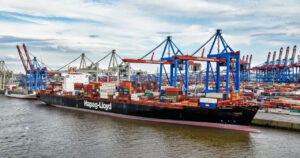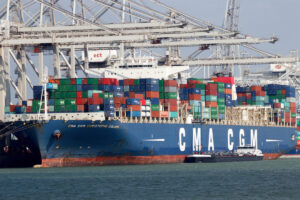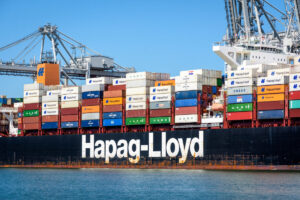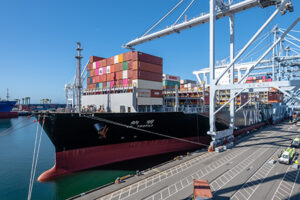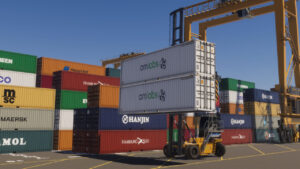IBM and the Maritime and Port Authority of Singapore (MPA) have recently announced their partnership to develop and test new analytics-based technologies for tapping into Big Data.
The initiative is aimed at improving maritime and port operations to cater to increasing growth of vessel traffic in Singapore, as well as the productivity of operations at port’s transhipment hub.
The research collaboration will serve to ease potential traffic congestion and elevate safety standards, securing Singapore's position as a global hub port and a leading international maritime centre.
As part of the two-year agreement, IBM will create a unified platform to integrate real time data and provide a consistent view of data points across MPA to empower port operators to make more informed decisions. For example, with vessel position and weather data, the platform will report on any vessel path inferences to avoid accidents.
To read a Technical Paper on Big Data and its applications in ports, click here
Using the IBM Traffic Prediction Tool, predictive analytics will be applied to forecast vessel arrival timings and potential traffic congestion.
The partnership will also uncover new methods for sense-making and aid in event monitoring to detect unusual behaviour of vessels and prevent illegal bunkering through fusion analytics, anomaly detection and data mining, leveraging the IBM Incident Detection Module and IBM System G. These digital capabilities are intended to improve port security and safety.
Tim Greisinger, Managing Director, IBM Singapore, said: “Our history of smarter cities engagements have demonstrated how the right investments in infrastructure and adoption of analytics-based technologies can be effectively used to create synergy and provide seamlessness across an organisation.
“The capabilities that will be created in this initiative are aligned to Singapore's aspirations to be a smart nation, and we are honoured to be partnering MPA in our joint commitment to improve the long-term efficiencies of the maritime industry and enhance Singapore's position as a world-class international maritime centre.”
Andrew Tan, CEO of MPA, said: “Our collaboration with IBM will see a good mix of our research expertise, software technologies and maritime domain knowledge to create new capabilities for the maritime industry to support Singapore's vision towards a safe, smart and efficient port.”
Big Data is a trend that is still relatively new to the industry. However, the tool can have useful applications for ports, particularly in terms of equipment maintenance, where Big Data platforms can be used to create predictive models for preventing the malfunction of port equipment.
Fact File: Singapore remains one of the busiest ports in the world and the region, with an estimated 1,000 vessels calling at the Port of Singapore at any one time. Every year, there are about 130,000 vessel calls at the Port of Singapore, which means there is a vessel arriving or leaving Singapore every two to three minutes.
(Source: iStock)


